Silent Struggles: Coastal Men Endure Shame and Pain of Swollen Testicles
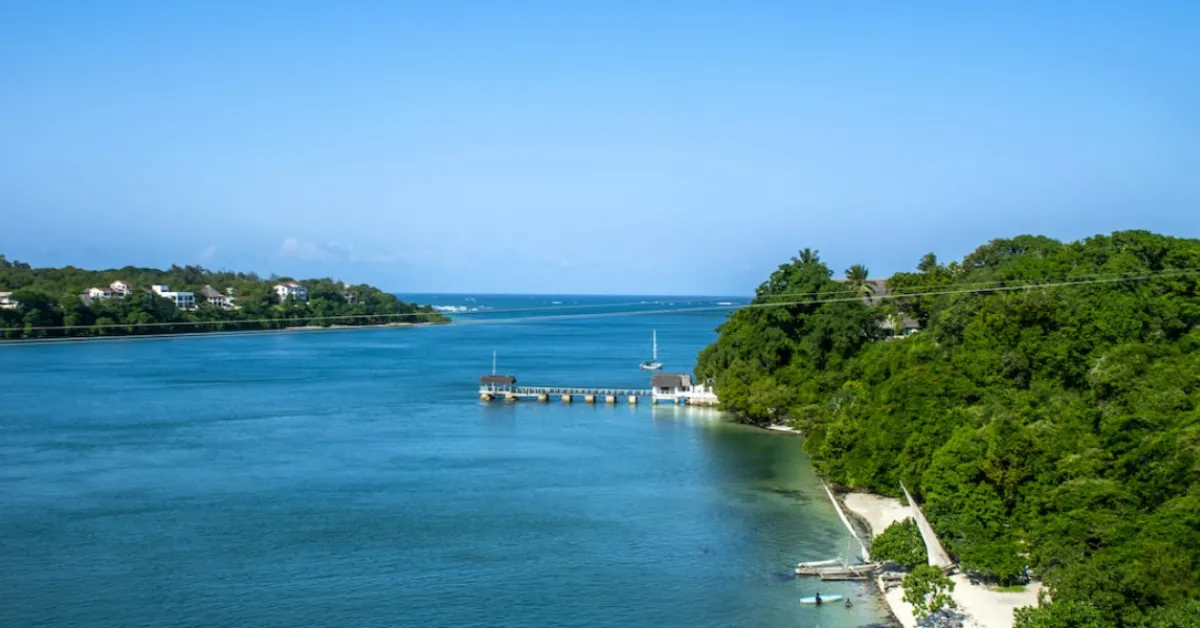
Two brothers in Kilifi County, Kenya, are living with severe, untreated cases of lymphatic filariasis that have left them physically disabled and unable to work.
Jefwa Kalama Ndiro, 69, and Mganga Kalama Ndiro, 50, from Mfuleni village, have suffered from painful scrotal swellings, locally known as mafumbu, for more than 30 years. The condition, caused by a parasitic infection transmitted by mosquitoes, has affected their mobility and forced them to depend on their children for daily support.
“I have been to the hospital many times,” said Mganga. “But they keep telling me to return when I can afford the surgery.”
The cost of treatment remains out of reach for many residents in this remote part of Kilifi, where most rely on subsistence farming and casual labour. Although occasional surgical camps offer free operations, demand often exceeds capacity. Mganga has attended three without being selected.
Jefwa underwent a partial operation in 2020, facilitated by Amref at Kilifi Sub-County Hospital. Only one side was treated, and the untreated swelling has since worsened.
“It is too big and easily overflows in my palms,” he said.
Before the disease progressed, both men worked as mnazi (palm wine) tappers and supported their families. The infection has made work impossible and strained their marriages. Mganga’s adult son and Jefwa’s grandchild now show early signs of the disease, raising concerns about its spread across generations.
In Mavueni, about 160 kilometres away, 23-year-old Baraka Baya hides his condition with loose clothing. He avoids social interaction and has never sought treatment. “It doesn’t allow me to participate, even among my peers,” he said, citing poverty and shame as key barriers.
Lymphatic filariasis is endemic in Kenya’s coastal region and is caused by the Wuchereria bancrofti worm. It disrupts the lymphatic system, leading to fluid retention and disfiguring swellings. The Culex mosquito, which thrives in the humid coastal climate, spreads the infection.
Dr Sultani Matendechero, Senior Deputy Director at the Ministry of Health, confirmed the disease remains common in the region but receives limited attention compared to other public health issues. “It is still a significant burden in many coastal communities,” he said.
Beyond physical suffering, the condition impacts livelihoods and deepens poverty. In villages like Mfuleni, where manual labour is essential, the loss of physical ability means the loss of income and status. With limited access to consistent treatment, families affected by the disease face long-term hardship.
Health experts and community leaders say that more is needed than short-term relief. They are calling for increased investment in public health infrastructure, awareness campaigns, and year-round access to treatment.



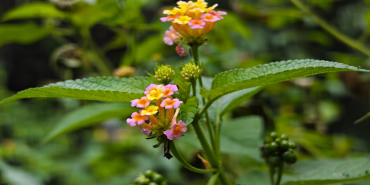

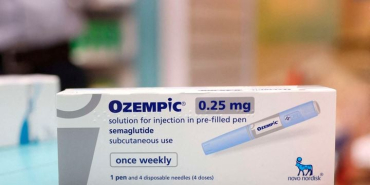
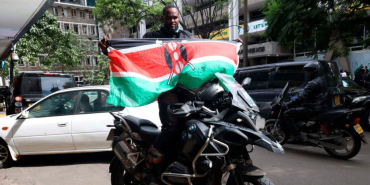




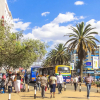


Add new comment